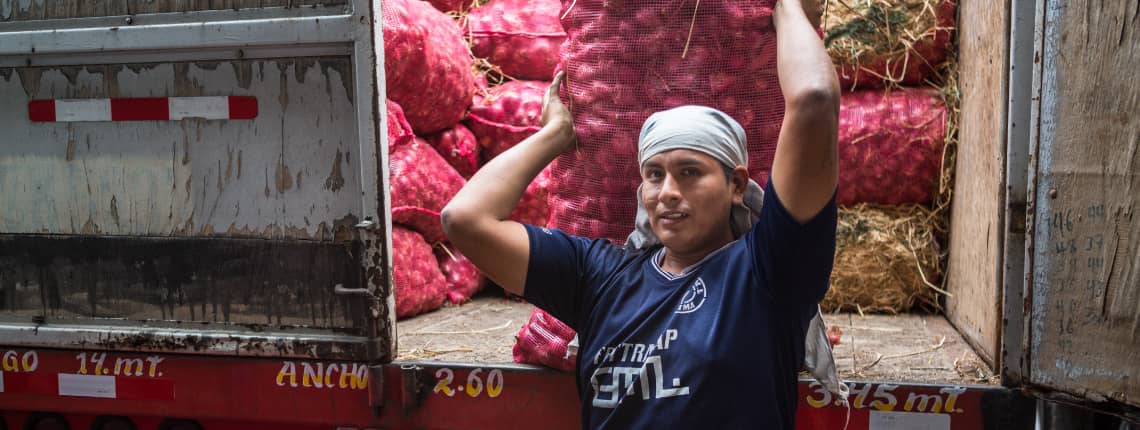WIEGO's Initiative
Health is crucial for workers in the informal economy because their income relies on their ability to work. However, often they face multiple barriers in accessing the services they need to maintain good health, or to cope with injury and illness.
Health services do not account for workers' needs. Long waiting times at health facilities, complex registration procedures, exclusionary documentation requirements, and difficulties in getting accurate information all hinder access for workers, who prioritize time for earning income over their own health. Furthermore, a lack of funding for health prevention and promotion disproportionately impacts workers in the informal economy, who lose essential income when sick or injured.
Occupational health systems, which often fall under the mandate of labour ministries rather than health ministries, do not cover many informal workplaces, and rely on the presence of an employer-employee relationship for enforcement purposes.
WIEGO’s Workers’ Health pillar aims to provide a central point for information, research, activities & movement-building relating to the promotion of optimal health and improved access to healthcare for workers in the informal economy.
Latest Research
The Workers’ Health pillar engages in quantitative, qualitative and mixed-methods research.
In this blog post, we share research insights linking workers' health to their livelihoods.
Explore COVID-19 vaccination uptake among workers in 11 cities as of mid-2021, as well as analyses of issues surrounding access to vaccination for workers.
How have informal workers navigated the health risks during the early phase of the COVID-19 pandemic? Read our analysis from the first round of the COVID-19 Crisis and the Informal Economy Study.
Policy Analysis and Engagements
Listen to us speak on the US Public Radio programme 'The World' about waste pickers' health and safety in Ghana
Read our op-ed in Project Syndicate on the threats that economic austerity poses to the health of workers in informal employment
Learn about Universal Health Coverage from a worker perspective
Share our working papers on access to healthcare issues in India, Thailand and Ghana.
Explore our Occupational Health & Safety for Informal Workers Project, which ran between 2009 and 2014.
Mobilizing
Read workers’ testimonies on how they have engaged in advocacy to improve access to COVID-19 vaccination.
Listen to our podcast episode dedicated to the Cuidar Project - an initiative exploring occupational health and safety challenges faced by waste picker cooperatives in Brazil.
Learn about how market traders in Durban have worked with local authorities.
Watch a video on innovative work being done by WIEGO’s partners to improve the health of informal workers.
Other Resources
Find out why occupational health and safety should be a concern for local governments.
Read individual stories about health access for informal workers:
- Bangkok, Thailand: Kanchana's Story
- Rajiv Nagar, India: Ushaben's Story
- Durban, South Africa: Xolisile's Story
- Bangkok, Thailand: Koon's Story
- Ahmedabad, India: Subhadraben's Story
